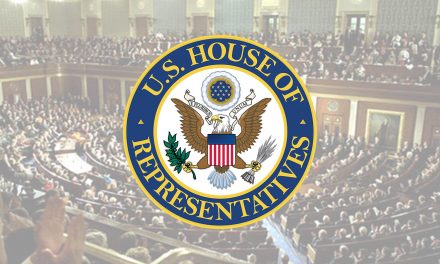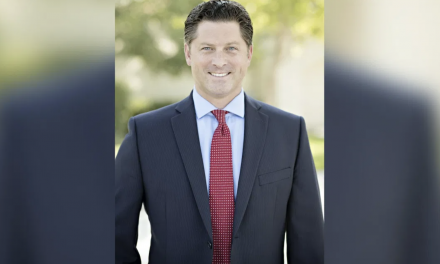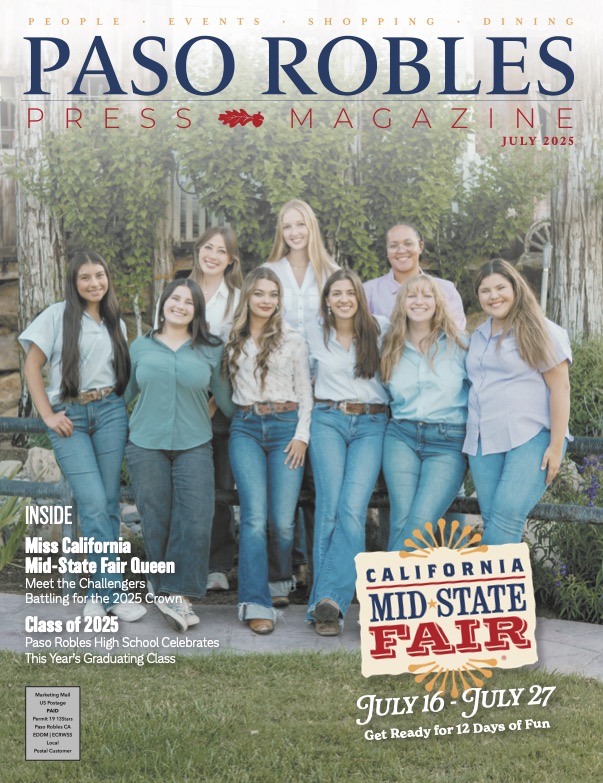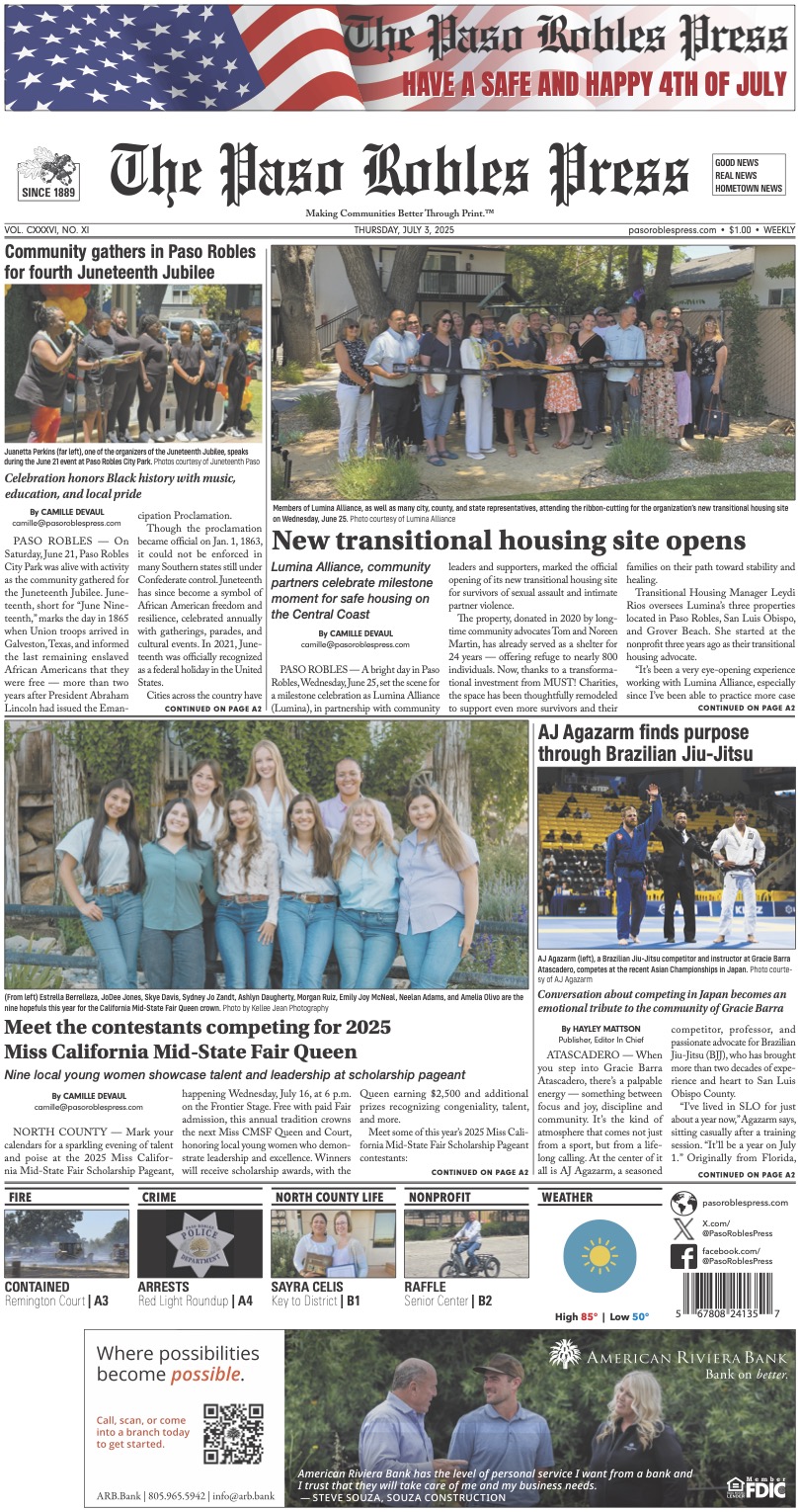SAN LUIS OBISPO — The Integrated Waste Management Authority considered an update to the county’s 2012 plastic bag ban at its Feb. 11 meeting that would extend the ban to the thicker, reusable plastic bags offered by some stores, produce and meat bags, plastic dry cleaning bags used to cover clothes, plastic bags given out at farmers markets and plastic newspaper bags.
The IWMA is a government agency made up of our County Supervisors along with representatives from each city in the county and tasked with integrating waste management programs in the county.
The board ultimately tabled the resolution in order to warn local business owners about the ban expansion, to gather more feedback from businesses that would be directly affected and to refine the fees that would be charged for paper bags at grocery stores.
District 1 County Supervisor John Peschong and Atascadero’s representative on the board, City Council member Charles Bourbeau, both also expressed worries about the penalties for selling plastic bags. As the ordinance now reads, violators could be charged with a misdemeanor and face up to six months behind bars. Bourbeau called for an escalating “administrative fine,” rather than a jail sentence.
“It does sound draconian that we’re going to put the manager of the Grocery Outlet into jail,” he said.
Peschong said that the jail sentence was the only thing keeping him from voting for the ordinance.
“I still have a philosophical problem with the jail sentence,” Peschong said. “I know people are going to tell me it doesn’t happen but it’s in the rules. The rules say a six month jail sentence if you get caught giving out a plastic bag — it’s a misdemeanor. I have a problem with that and that’s why I’ll be voting ‘no.’”
District 2 County Supervisor Bruce Gibson defended the current penalties in the language of the existing ordinance.
“It’s a matter of how state statute is structured and it provides us the benefit of an efficient means of enforcing this if we have to,” he said. “The exact language, I do believe, is a penalty up to a maximum amount, and it is not our job to apply those penalties. In the pursuit of justice, should it ever get to that point — and it wouldn’t — this would be a matter of weighing the consequences of things. So, to me, this is simply not a significant issue. Trying to hold on to that as a reason to not move forward is simply dodging the question.”
Bourbeau called for the board to table the item to allow for a period of education so that local business owners aren’t “blindsided” by the updates to the ban.
“I’ve gotten a lot of negative push-back in my community from a majority of my other Council members and from some businesses that it just came about too fast,” he said. “They see this and then they see some of the things we’ll discuss down the road and they feel like the IWMA is becoming part of the Ban of the Month Club.”
The updates to the ordinance came to the IWMA board via a unanimous recommendation from an executive committee. IWMA Executive Director Brooks Stayer also spoke in support of the changes due to the effects that plastic bags have on recycling machinery.
“From the standpoint of trying to get recyclables that we really have a market for processes more efficiently, the plastic bags are really difficult,” he said. “They gum up the machinery through the whole process, so we’d like to keep those out.”
According to board president Aran Gomez, it all comes down to money.
“Everything that we deal with in our waste stream CAN be recycled, it’s whether or not it can be recycled in a cost-effective fashion,” he said. “Hence, when the market falls apart with our recycling facilities, we lose a ton of things that could have been recycled or were being recycled at one point. Nobody’s going to recycle something if it doesn’t have a market at the end. Hence, we (IWMA) exist.”
Bourbeau and fellow board member Sheila Blake, of Pismo Beach, both expressed concerns about doing away with plastic bags used when purchasing meat.
“I, for one, don’t want to grab a bleeding piece of steak and try to wrap it in paper and take it home,” Blake said. “I don’t see how this is going to work.”
The board heard from the public on both sides of the issue and Bourbeau reported that they had received “dozens of letters” on the matter. Atascadero resident Gary Kirkland urged the board not to adopt the ban expansion “to allow this to stay a free country where citizens have a right to choose what they want to use in their own lives and how they want to live their own lives.”
“If you choose not to use plastic, that’s your business and what I choose is mine,” Kirkland continued. “In a free country, that’s the way it should be.”
SLO County resident June Cochran asked the board to pass the ban expansion for environmental reasons, saying that the World Economic Forum has warned that by 2050 the world’s oceans could contain more plastics than they do fish by weight.
“It is not rational that non-renewable resources are used to make plastic bags since the typical useful life of each plastic bag is around 12 minutes,” she said. “Plastic bags are expensive and hard to remove from the natural environment. The amount spent on plastic bag cleanup is around 17 cents per bag, thus the average taxpayer ends up paying around $88 per year just on plastic bag removal.”
The majority of the board spoke in favor of passing the new ordinance, with several members referring to it as “low-hanging fruit” when it comes to helping the environment.
“For me, this is a practical matter,” Bourbeau said. “For one thing, when you produce a product, it has an after-life, it has an after-effect and therefore one cannot assume that we can use whatever the hell we want and then just dump it. We wouldn’t do that with pesticides or poisons or anything else. And I think, frankly, that some people get a little overwrought with plastic — the fact of the matter is, it’s a litter problem. And it is also for us, a diversion problem in the sense that it’s a bunch of unusable stuff that goes into the landfill. So I don’t see it as a freedom issue, I see it as a practical problem.”
The board voted to table the issue for now and bring it back for consideration in April with just four members dissenting — District 5 Supervisor Debbie Arnold, District 4 Supervisor Lynn Compton, Paso Robles City Council member John Hamon and District 1 Supervisor John Peschong.















